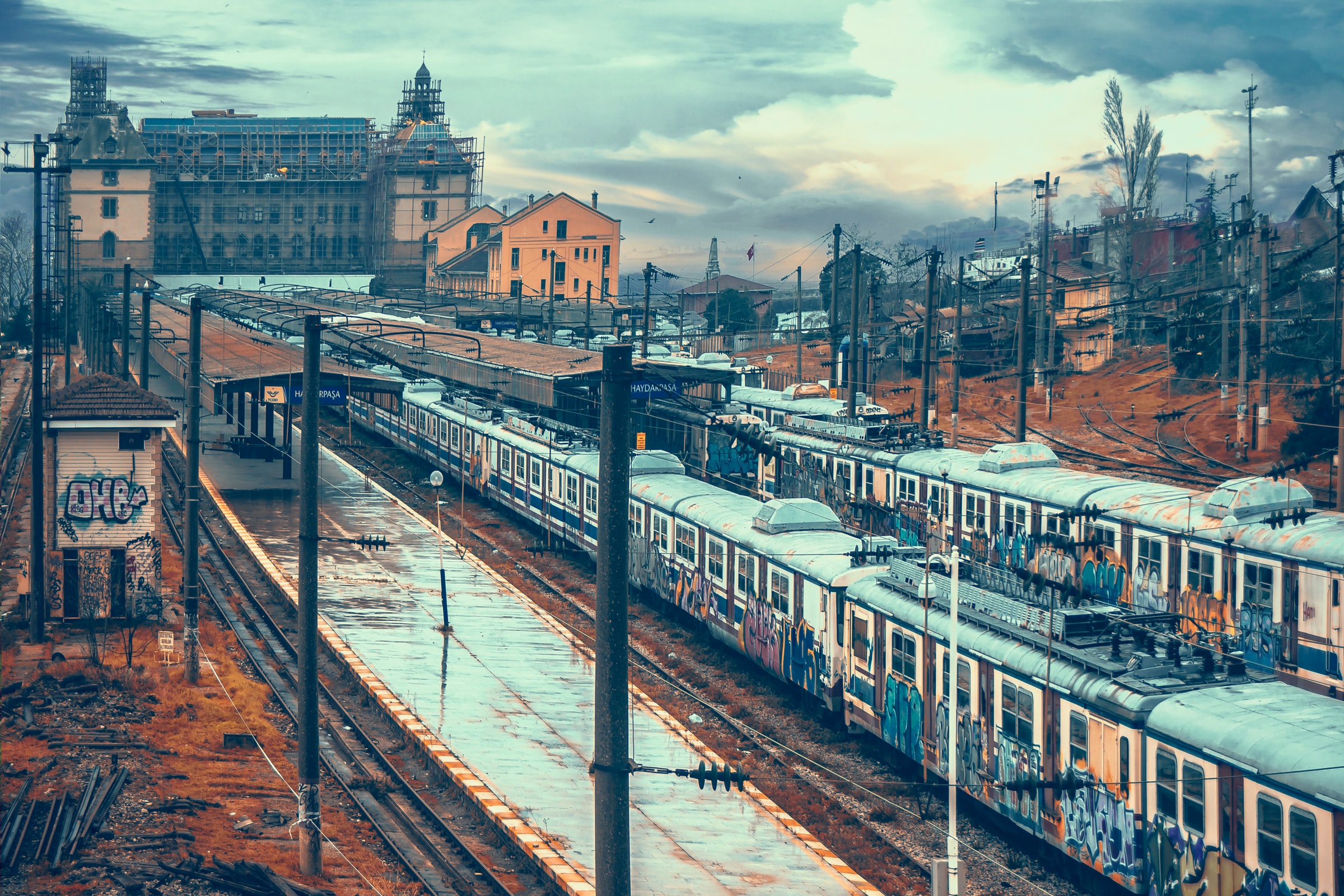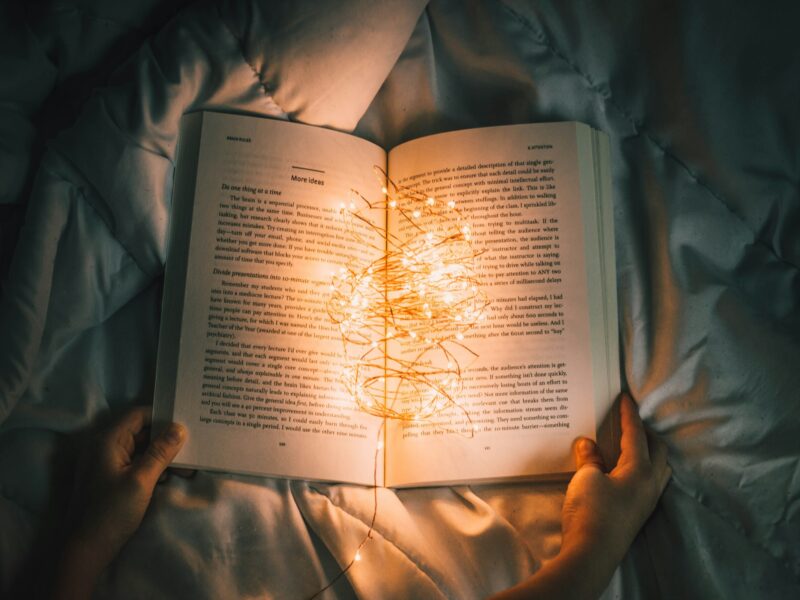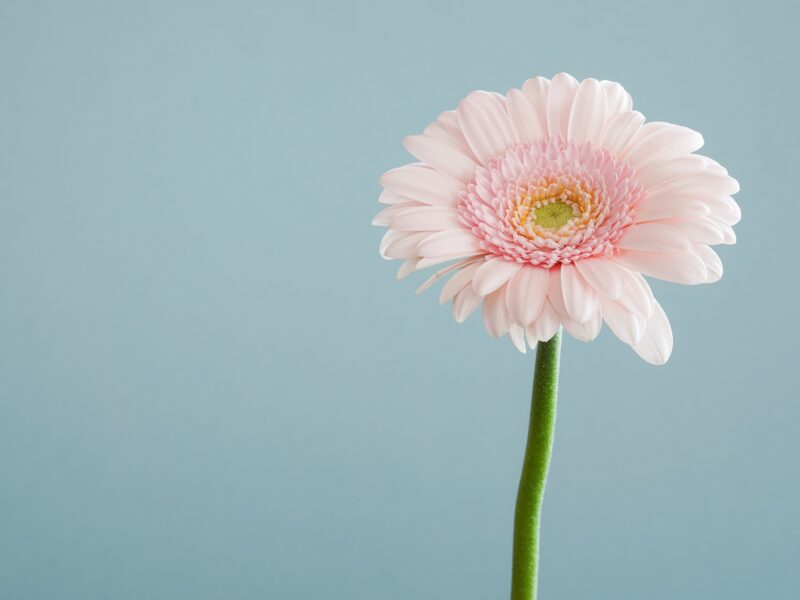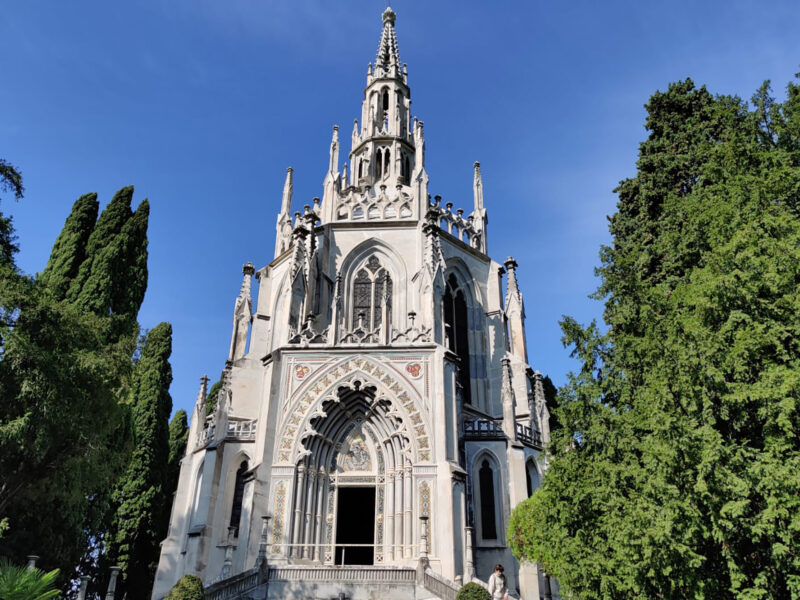Patregnani | Il genius loci dell’hinterland
Ogni volta prima di partire avverto un trauma. È una sensazione intensa, forse ancestrale. Paura di lasciare ciò che conosco per l’ignoto, si potrebbe pensare. Eppure si tratta di un viaggio di pochi giorni, poche settimane. Le viscere si contorcono, si chiudono, il fiato si accorcia. Su tutto quello che mi circonda appare un velo di tristezza.
Ho sempre pensato che la casa fosse viva; non un ambiente inerte ma un microcosmo, un habitat composto da oggetti animati. Non si muovono, gli oggetti, rimangono fermi dove li ho lasciati, il più delle volte. Ma hanno un’aura, possiedono un loro campo magnetico specifico.
Con il tempo ho imparato a esorcizzare questo malessere da partenza semplicemente prendendomi cura della casa; ripulendola, riordinandola, cancellando le mie tracce il più possibile. Rimuovendo lo sporco, riponendo gli oggetti sui ripiani in maniera ordinata. Passando lo straccio sul velo di polvere della libreria. Pulendo pavimenti, lavandini, specchi. Chiudendo il rubinetto del gas. Spegnendo il termostato. Avendo cura di rimuovere la spazzatura, di svuotare il frigorifero dai cibi freschi. A volte ho persino lavato le tende e i tappeti. In questo modo ho la sensazione che la casa, senza di me che la nutro, possa comunque sopravvivere.
Ho indagato a fondo questo mio sentire, perché lo spasmo di malinconia che provo non può essere banalizzato come una semplice ansia pre-partenza. Non volevo ridurmi a una spiegazione ovvia e così ho aggiunto un tassello al mio corpus filosofico esistenziale: l’ansia prima della partenza è in realtà un senso di colpa. Nei confronti di ciò che lascio, certo, ma non solo; nei confronti del genius loci dell’appartamento, della corte, del paese intero dove vivo. So che le piante sul mio balcone e nel mio giardino continueranno a crescere senza di me, continueranno a fiorire. A volte soffriranno, ma sopravviveranno. La luce continuerà il suo viaggio ciclico nel cielo sopra la casa. I raggi del sole filtreranno tra le persiane e si poseranno leggeri sulle pareti rosa del salotto. Io non ci sarò, a godere della quotidianità magica di questo luogo. Certo, vedrò altri posti, godrò di altre quotidianità improvvisate. A volte il cerchio ha bisogno di essere spezzato, per essere poi ripreso e ricomposto.
Eppure qualcosa mi dice che potrei anche non viaggiare, non spostarmi. Potrei non accondiscendere all’imperativo sociale che ci vuole tutti cittadini del mondo seguendo dei rituali assai opinabili. Forse, semplicemente, non sopporto il fatto di dovermi spostare in tempi ristretti e prestabiliti dal lavoro. Mi infastidisce il dover definire e cucire la mia esperienza di spostamento legandola indissolubilmente a quella del mio sfruttamento economico. Forse dovrei solo spegnere il cervello e lasciarmi andare, ma non so cosa voglia dire esattamente e se questo sia possibile davvero.
Eppure anche così, una volta che inizio a respirare aria nuova, non posso non pensare al fatto che avvertirò l’impulso a dover scattare delle foto. Peggio ancora, a doverle condividere, senza la libertà di potermene dimenticare. Dov’è finito il viaggio? È qui, sotto i miei piedi, sotto al mio naso. Ma non mi sento libera come a casa. Sono all’interno di un carosello di Instagram. Sto portando con me troppe cose e non intendo quelle materiali. Sono intrappolata in una gabbia più estesa, quella mentale. Non mi sono spostata di molto da casa e in più ho ridotto la mia capacità di scomparire. A volte è necessario accendere il GPS, perché le cartine non si usano più. Bisogna connettersi per ritrovare la strada. Invece quello che che vorrei è perdermi. Bisogna scegliere un posto dove mangiare, invece a me piacerebbe saltare il pasto oppure mangiare soltanto un gelato confezionato comprato al bar sulla Statale. Insomma non è molto diverso dallo stare a casa, questo viaggiare un po’ fasullo, questo spostarsi in cerca di vacanza. Ma vacanza da chi, da cosa? Da quello che poi rimane lì, latente nei tuoi gangli spinali come un herpes. Non sarebbe meglio affrontare il mostro una volta per tutte, morire e poi rinascere, invece di partire per una meta a caso e perpetuare il senso di solitudine, di incompiutezza?
Sarebbe meglio, certo, vivere in equilibrio come il gatto, con i suoi riposi cadenzati e immobili, ad occhi socchiusi e labbra distese. Sarebbe meglio smettere di disprezzare il nostro territorio e portarlo con noi con gratitudine anche quando ce ne allontaniamo. Anche quando, finalmente, lo svuotiamo dalle nostre presenze.
Proprio come ci si prende cura della casa prima di chiuderla per qualche giorno o qualche settimana, ci si potrebbe abbassare ad amare anche le erbe incolte che crescono tra l’asfalto sul ciglio della strada o del marciapiedi. Ad abbracciare il volo delle rondini e il richiamo dei colombacci. Si potrebbe contemplare il fatto, anche per una volta soltanto, che quello che abitiamo durante tutto l’anno è un luogo di vita, non di sopravvivenza. Dovremmo forse, invece che estirpare i fili d’erba disordinati, che crescono un po’ a caso, sradicare i vocaboli di cui ci hanno nutrito fin da bambini (periferia, città dormitorio, hinterland, provincia) convincendoci che rappresentassero qualcosa di sbagliato, di svilente, non degno di considerazione e rispetto. Dovremmo abbracciare il margine, ricordarci che una volta qui era tutto campagna, che qualcosa ancora di quella campagna, esiste e resiste. Dovremmo dedicarci un quarto d’ora al giorno a raccogliere la spazzatura dai parchi e dalle strade e prenderci il tempo per fermarci sul ponte e guardare il fiume. Perché c’è, è lì, e se a volte ricorda più un flusso di miasmi che un corso d’acqua è solo per colpa nostra. Dovremmo capire che è meglio spegnere tutto e rimanere in silenzio, entrare in una chiesa anche se non si è credenti, o in un qualsiasi altro luogo che non si è mai preso in considerazione, solo per spezzare il cerchio delle nostre credenze personali. Vivere vuol dire calpestare un suolo consapevolmente, non correre con affanno verso un punto immaginario di liberazione. Vuol dire scordarci quello che abbiamo imparato, e se proprio abbiamo una buona memoria esercitarci a metterlo da parte. Vuol dire provare a memorizzare il nome di almeno cinque piante o fiori endemici che crescono nel raggio di un chilometro dalla propria abitazione, oppure anche solo memorizzare i colori delle facciate delle case della propria via. Vuol dire prendersi il tempo per andare dove si va di solito ma a piedi. Vuol dire che basta alzare gli occhi al cielo per capire in quale fase lunare ci troviamo. Oppure sederci al tavolo di un bar e osservare la gente passare. Pensare “ok, domani me ne vado da tutto questo ma ci ritornerò”. Tornerete portando con voi delle foto, dei bei momenti, forse un po’ di relax in più (sempre che il viaggio di ritorno non sia troppo traumatico). Però dovrete tornare qui, dovrete starci. E dovrete viverci ancora, non importa per quanto tempo. Potrete trasformare questo brutto, bistrattato e malfamato hinterland in qualcosa di vitale, di vero? Potrete ritrovare il genius loci, lo spirito del posto, le divinità e i fantasmi che da sempre lo popolano?
Io credo di sì. Credo fermamente che ad ogni gesto di gratitudine corrisponda un ritorno in termini di energia e di amore. Il mio invito, per questa estate e per sempre, è quello di tentare, almeno, di mettere alla prova questi spiriti gentili che si nascondono nei tronchi dei pioppi, nelle alzaie, sui tetti delle vostre case e ovunque potete posare gli occhi. Altrove, certo, ma anche qui. Dove viviamo.
Cristina Patregnani è un poeta dei margini; vive in quello che viene chiamato “hinterland milanese” e la sua connessione col territorio è forte perché legata alla sua storia familiare. Attraverso l’indagine poetica e letteraria prova a dare valore a quello che la maggior parte delle persone considera un luogo residenziale senza nessuna importanza, dove non esiste storia né bellezza da salvaguardare, e che in quanto tale possa essere inquinato e bistrattato a piacimento. Anche in questo pensa che la poesia possa contribuire, se non a salvare il pianeta, quantomeno a comprenderlo e a rimettere in discussione l’operato quotidiano di tutti nei confronti del territorio in cui si vive, qualunque esso sia e a prescindere dalla propria storia personale.
Every time before leaving I feel a trauma. It is a gut feeling, perhaps ancestral. One might think it’s the fear of leaving what I know for what I know not. Yet it is a journey of a few days, a few weeks. The bowels twist, close, the breath shortens. A veil of sadness appears over everything that surrounds me.
I always thought the house was alive; not an inert environment but a microcosm, a habitat made up of animated objects. Of course objects do not move, they remain where I left them, most of the time. But they have an aura, they have their own specific magnetic field.
Over time I have learned to exorcise this departure sickness simply by taking care of the house; cleaning it, rearranging it, erasing my traces as much as possible. Removing dirt, placing objects on the shelves in an orderly manner. Wiping the dust on the bookcase. Cleaning floors, sinks, mirrors. By closing the gas tap. Turning off the thermostat. Taking care to remove the garbage, to empty the refrigerator from fresh food. Sometimes I even washed the curtains and the carpets. In this way I have the feeling that the house, without me feeding it, can still survive.
I have thoroughly investigated this feeling of mine, because the spasm of melancholy I feel cannot be trivialized with a simple anxiety. I didn’t want to reduce myself to an obvious explanation and so I added a piece to my existential philosophical corpus: anxiety before departure is a sense of guilt. Regarding what I leave, of course, but not only; towards the genius loci of the apartment, of the court, of the whole town where I live. I know that the plants on my balcony and in my garden will continue to grow without me, they will continue to bloom. Sometimes they will suffer, but they will survive. The light will keep up its cyclical journey in the sky above the house. The sun’s rays will filter through the shutters and lightly rest on the pink walls of my living room. I will not be there to enjoy the magical everyday life of this place. Of course, I will see other places, I will enjoy other extemporized everyday life. Sometimes the circle needs to be broken, to be then taken up again and reassembled.
Yet something tells me that I might as well not travel, not move. I might not comply with the social imperative that we all want to be citizens of the world by following very questionable rituals.Perhaps, I simply can’t stand the fact of having to move in a short time and pre-established way because of my job. It bothers me to have to define and sew my experience of displacement by tying it inextricably to that of my economic exploitation. Maybe I should just turn off my brain and let myself go, but I don’t know what exactly it means and if this is really possible.
Yet even so, once I start to breathe new air, I can’t help but think that I will feel the urge to take pictures. Worse still, having to share them, without the freedom to forget about them. Where did the journey end? It is here, under my feet, under my nose. But I don’t feel free like I would feel staying at home.
I’m trapped inside an Instagram carousel. I’m carrying too many things with me and I don’t mean those materials. I am inside a larger cage, the mental one. I haven’t moved far from home, plus I’ve reduced my ability to disappear. Sometimes it is necessary to turn on the GPS, because maps are no longer used. You have to connect to find your way again. Instead I would like to lose myself. You have to choose a place to eat, instead I would like to skip the meal or just eat a packaged ice cream bought at the bar on the highway. In short, it is not very different from staying at home, this traveling a bit bogus, this moving around in search of a vacation. But vacation from whom, from what? From what then remains there, latent in your spinal ganglia like a herpes. Wouldn’t it be better to face the monster once and for all, to die and then be reborn, instead of leaving for a random destination and perpetuating the sense of loneliness, of incompleteness?
It would be better, of course, to live in balance like the cat, with its cadenced and immobile rests, with half-closed eyes and outstretched lips. It would be better to stop despising our territory and take it with us with gratitude even when we leave it.
Just as you take care of your home before you close it for a few days or weeks, you might also fall in love with the uncultivated grasses that grow in the asphalt by the roadside or sidewalk. To embrace the flight of swallows and the call of wood pigeons. One could contemplate the fact, even for just once, that what we live in throughout the year is a place of life, not of survival.
Perhaps, instead of uprooting the disordered blades of grass, which come up a bit at random, we should extirpate the words they have fed us since we were children (suburbs, dormitory town, hinterland, province) convincing us that they represented something wrong, demeaning, not worthy of consideration and respect. We should embrace the margin, remember that once here it was all countryside, that something of that countryside still exists and resists. We should spend a quarter of an hour a day picking up trash from parks and streets and taking the time to stop on the bridge and look out over the river. Because it is there, and if at times it resembles a flow of miasmas more than a stream it is only our fault. We should understand that it is better to turn everything off and remain silent, to enter a church even if you are not a believer, or to any other place that has never been considered, just to break the circle of our personal beliefs. To live means to step on the ground consciously, not to rush towards an imaginary point of liberation.
It means forgetting what we have learned, and if we really have a good memory, at least learning to put it aside. It means trying to memorize the name of five endemic plants or flowers that grow within a kilometer of your home, or even just retaining the colors of the facades of the houses in your street. It means taking the time to go where you usually go yet by foot. It means that it is enough to raise your eyes to the sky to understand which phase of the moon we are in. Or sit at a bar table and watch people go by. Thinking “ok, tomorrow I’m leaving all this but I’ll be back”. You will come back bringing with you some photos, some good times, maybe a little more relaxation (as long as the return trip is not too traumatic). But you’ll have to come back here, you’ll have to stay there. And you will still have to live there, no matter how long. You can turn this ugly, mistreated and infamous place called hinterland into something vital, right? Will you be able to rediscover the genius loci, the spirit of the place, the divinities and ghosts that have always populated it?
I think so. I firmly believe that every gesture of gratitude corresponds to a return in terms of energy and love. My invitation, for this summer and forever, is to try, at least, to test these kind spirits who hide in the trunks of the poplars, in the towpaths, on the roofs of your houses and wherever you can lay your eyes. Elsewhere, of course, but here too. Where we live.
Cristina Patregnani is a poet of the margins; she lives in what is called the “Milan’s hinterland” in Northern Italy and her connection with the territory is strong because it is linked to her family history. Through poetic and literary research, she tries to give value to what most people consider a residential place of no importance, where there is no history or beauty to safeguard, and which as such can be polluted and mistreated at will. Also in this she thinks that poetry can contribute, if not to save the Planet, at least to understand it and to question the daily work of everyone towards the territory in which one lives, whatever it is and regardless of one’s personal history.
Photo by Fatih Yürür





